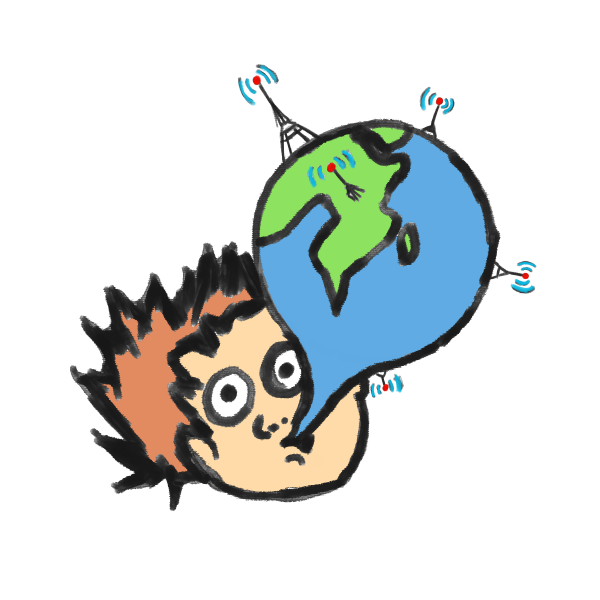How to save a life
The difficulties of charity as a college student
November 20, 2019
I keep seeing dying children everywhere I go. Drowning in puddles on the sidewalk, starving to death under the dessert table in the Bistro. I keep thinking it’ll stop if I don’t think about it, but that hasn’t proven to be the case.
In the likely event that you don’t know what I’m talking about, my ethics class just read Peter Singer’s The Life You Can Save, and it’s really hit me hard.
For those of you who haven’t read it, I’ll give you a quick overview. If you have questions or conflicts with Singer’s argument, I highly recommend that you read the entire book, it’s incredible.
Singer begins the book by having the reader imagine that they are walking to a fancy party wearing some of their best clothes. As you walk past a shallow pond, you see a child drowning. If you wade in and save the child, you will ruin your clothes.
Most rational people would say that they would choose to save the child, regardless of their clothes. But then, in a gut-wrenching twist that left me sobbing, Singer reveals that this situation is quite literally happening to us every day.
The money that we spend on unnecessary things like new clothes and designer coffee, could instead be donated and used to buy vaccines, mosquito nets, food and water for sick or starving children all over the world.
As an example, this week alone, Somalia is experiencing some of the worst floodings it’s had in years. Natural disasters leave impoverished children disproportionately at risk, and this flood has already affected over 200,000 children. Aid efforts, such as UNICEF, are having trouble funding their operations.
The other day, I spent $20 on staples. I don’t even use staples.
It’s hard to dispute the fact that our selfish actions lead to the death of innocents.
That’s why I keep seeing dying children everywhere I go.
Singer’s argument is that, if we are to be truly ethical people, something which I have a strong desire to be, we all need to be doing significantly more to decrease world poverty. To Singer, this includes many monetary donations to reputable and efficient non-profits such as UNICEF and Oxfam.
Aaaand there’s the catch.
We’re broke college students.
But think about it for a second. The money you spent on that Pumpkin Spice Latte you’re drinking right now could have prevented the death of the little boy in India who just died from Malaria.
Feel like sh*t? Me too.
So what can we do? Feasibly, what can you and I, financially inexperienced college students already trembling under the weight of our loans, do to stop world poverty?
The good news is, it’s a lot easier than it sounds.
Carry around a Ziploc bag. Every time you find yourself about to fork over cash for a Triple Venti Half Sweet Nonfat Macchiato with Caramel Drizzle, put the money in the bag and walk out of the store, then, later on, donate it.
If you’re one of the few people with DB money left, have your friends use it and pay you back in cash, then donate it.
Next time your paycheck comes in, calculate 10% and donate it.
It’s really hard to donate money to charity. I’m not very good about it either, but if we want to be able to defend ourselves as morally righteous, we need to try harder.
Attending college is, in itself, obscenely expensive, and all this has got me thinking whether or not it’s actually worth it, but that’s a discussion for another time.
For some people, giving money truly isn’t an option, but you can still give time. There are countless volunteer opportunities in the Metro area that cater to college students. Professors and advisors will usually be enthusiastic to help you find one that suits your schedule. There is also a website called volunteermatch.org that is designed to give you opportunities customized to you.
The truth is, a lot of us can afford to donate, we just convince ourselves that we can’t because it means giving up some of the comforts of our lifestyle. But 9.7 million children under the age of five die each year from poverty-related causes. Can you really justify buying that iPhone 11?





